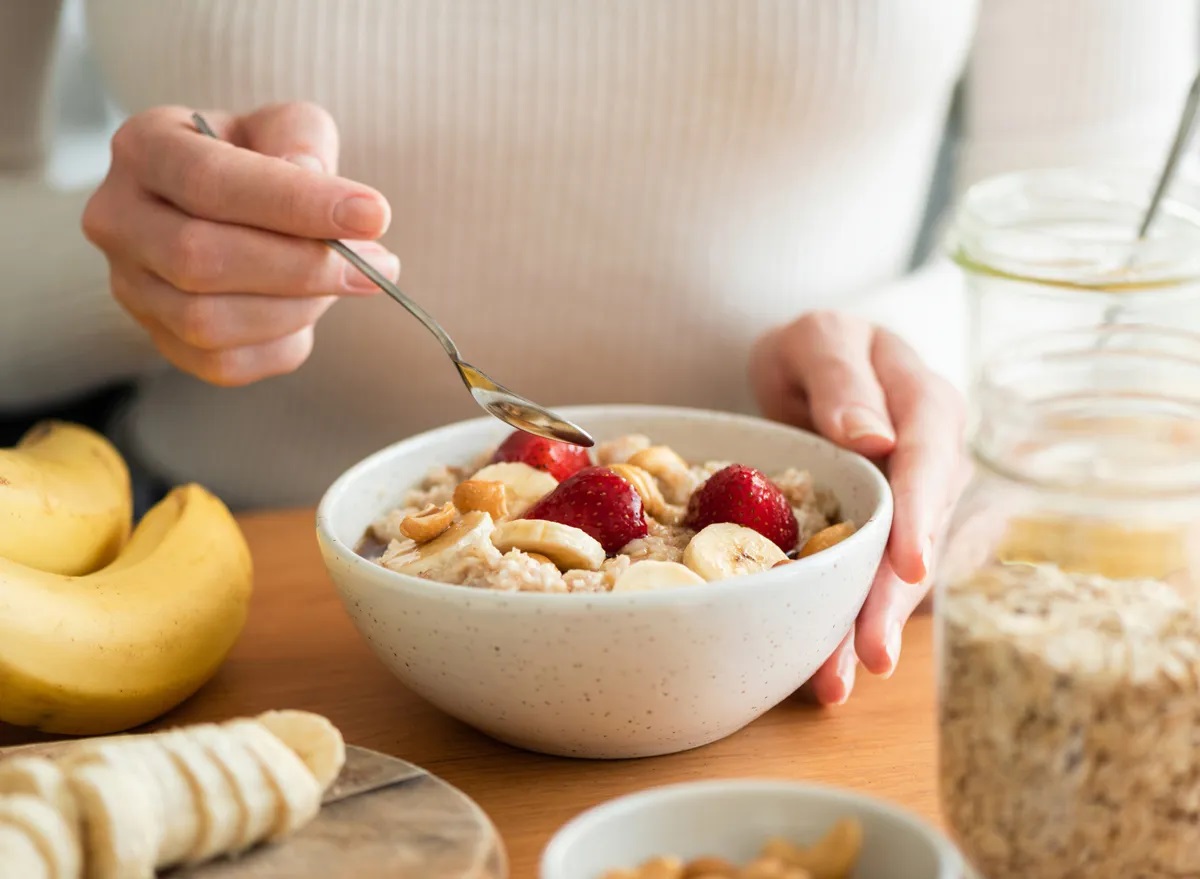What is the greatest superfood on earth? Does one even exist? Well, that question remains to be seen…
Of all the foods we have available, there are always certain boxes we want to check off before we consider something a “superfood”. Does it have a healthy balance of macronutrients? Does it contain antioxidant properties? Does it contain rich sources of needed vitamins and minerals? Does even a small portion provide you with rich amounts of nutrients?
Well, oatmeal is high on the list of superfoods that offer various health benefits and checks a lot of those questions we just asked! Oats contain about 60% starch, 14% protein, 7% lipid, and 4% beta-glucan and are rich sources of fiber, vitamin E, and polyunsaturated fats.
Wheat, rice, and maize are the leading grains in terms of consumption, but oat is gaining popularity due to the many health benefits they can provide. Currently, the most common form of oat is Avena sativa L., more commonly known as white oat. Most commonly, oats are consumed in their most processed form, instant or quick oats. However, less processed seeds offer more nutritious benefits… something to keep in mind!
Need a healthy recommendation for friends, your nutrition clients, or just yourself? Try oatmeal! Be sure to check out the NASM mini course on healthy cooking at home for more nutrition tips and healthy meal ideas.
Low Risk, High Reward
Due to oats’ ability to protect against and decrease the risk of certain diseases/health conditions, oats are considered a functional food. This means oats offer health benefits beyond their nutritional profile. As mentioned previously, oats contain a well-balanced macronutrient composition of proteins, starch, and healthy fats. The nutritional component of oats that gains so much attention is the rich amounts of phytochemicals they contain.
Oats contain over 9 different phytochemicals! They are also an extremely rich source of Vitamin E, folate, zinc, iron, selenium, copper, manganese, carotenoids, betaine, choline, and sulfur.
Breaking down the nutritional composition of oats per 1/2 cup would yield:
– 26 grams of carbohydrates
– 6.5 grams of protein
– 2.5 grams of fat
– 4 grams of fiber
– 0.7 mg manganese (30% DV)
– 1.5mg zinc (13%)
– 7-45 mcg folate (depends on natural oats vs enriched oats)
– .1mg thiamin (8% DV)
– 1.2mg iron (~7% DV)
There has been so much talk about how healthy oats are, but what are the nutritional benefits they can provide?
Oats have cholesterol-lowering effects
Oats are very rich in fiber. Fiber can bind to cholesterol and fatty acids in the small intestine, so more are excreted instead of released into the bloodstream. This in turn reduces the amount of bile that is released (cholesterol is needed to make bile). Therefore, more cholesterol is used up for bile production instead of levels staying high within the bloodstream. Part of the fiber in oats is beta-glucans, and one study found that 1-10% consumption of B-glucans helped lower cholesterol in hypercholesterolemia patients (Hallfrish et al 1997).
Another study showed oat bran lowered total serum cholesterol by 23% with no effect on high-density lipoprotein levels (Anderson et al 1991).



